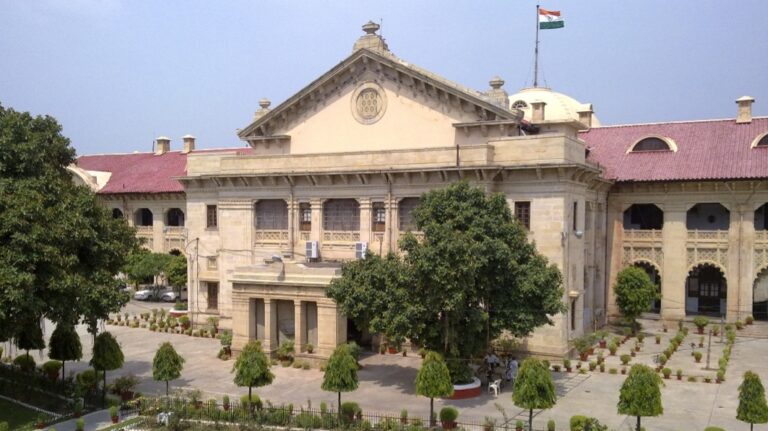The Allahabad High Court, in S.S. Enterprises v. State of U.P. & Another, has held that mere absence of visible business activity at a registered principal place of business cannot, by itself, justify the conclusion that invoices are fake or that the person is not the owner of seized goods. Setting aside the penalty imposed under Section 129(1)(b) of the CGST Act, the Court observed that such determinations must be based on a holistic evaluation of evidence and adherence to principles of natural justice, not on isolated or tenuous factors like physical non-appearance at the premises.
1. Facts of the Case
- Authorities detained goods and vehicle and imposed penalty treating the petitioner as not the owner of the goods (penalty under s.129(1)(b) CGST).
- One of the grounds relied on by the authority was that the petitioner’s registered place showed no visible business activity and that nobody personally appeared; the petitioner had replied via the registered e-mail on the portal.
2. Legal issues
- Whether absence of visible activity at the registered principal place of business permits a presumption that invoices issued are fake and that the person is not the owner of goods.
- Whether imposing penalty under s.129(1)(b) without proper reasoning and without adequate opportunity of hearing is sustainable.
3. Court’s Reasoning
- The Court emphasised that mere absence of activity at a registered address is not determinative — it cannot automatically be equated with issuance of fake invoices or lack of ownership of goods. The presence or absence of visible activity is only one ingredient and must be considered in the totality of evidence.
- The authority’s other grounds (e.g., that no one appeared in person) were held to be tenuous, particularly when the petitioner had replied through the registered portal/email — mechanical reliance on physical non-appearance was not enough to sustain penalty.
- For these reasons, the Court quashed/ set aside the impugned penalty order and/or remanded for fresh consideration consistent with principles of natural justice and proper appreciation of evidence.
4. Order / Relief
- Writ petition allowed (in favour of assessee). The penalty order under Section 129(1)(b) was quashed and the matter was directed to be reconsidered (or the seized goods/vehicle ordered released) as per the specifics of the order. (See the order text for precise operative directions).
5. Practical takeaways for practitioners
- Absence of activity at registered address ≠ conclusive proof of fake invoicing. Authorities must build a broader evidentiary chain before invoking s.129(1)(b).
- If your client responds through the official portal/email, that fact should be put on record — non-appearance alone is a weak basis for severe penalties.
-
When facing seizure/penalty under s.129, challenge both the evidentiary basis and procedural defects (opportunity of hearing, reasoning in the order). The HC here looked both at substance and procedure.
